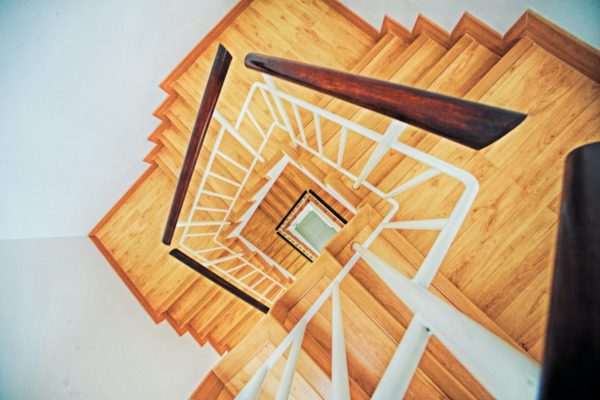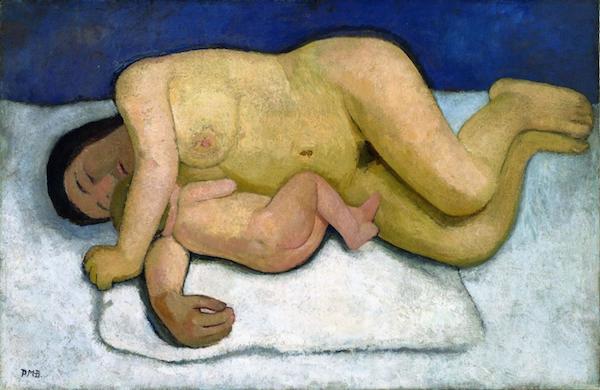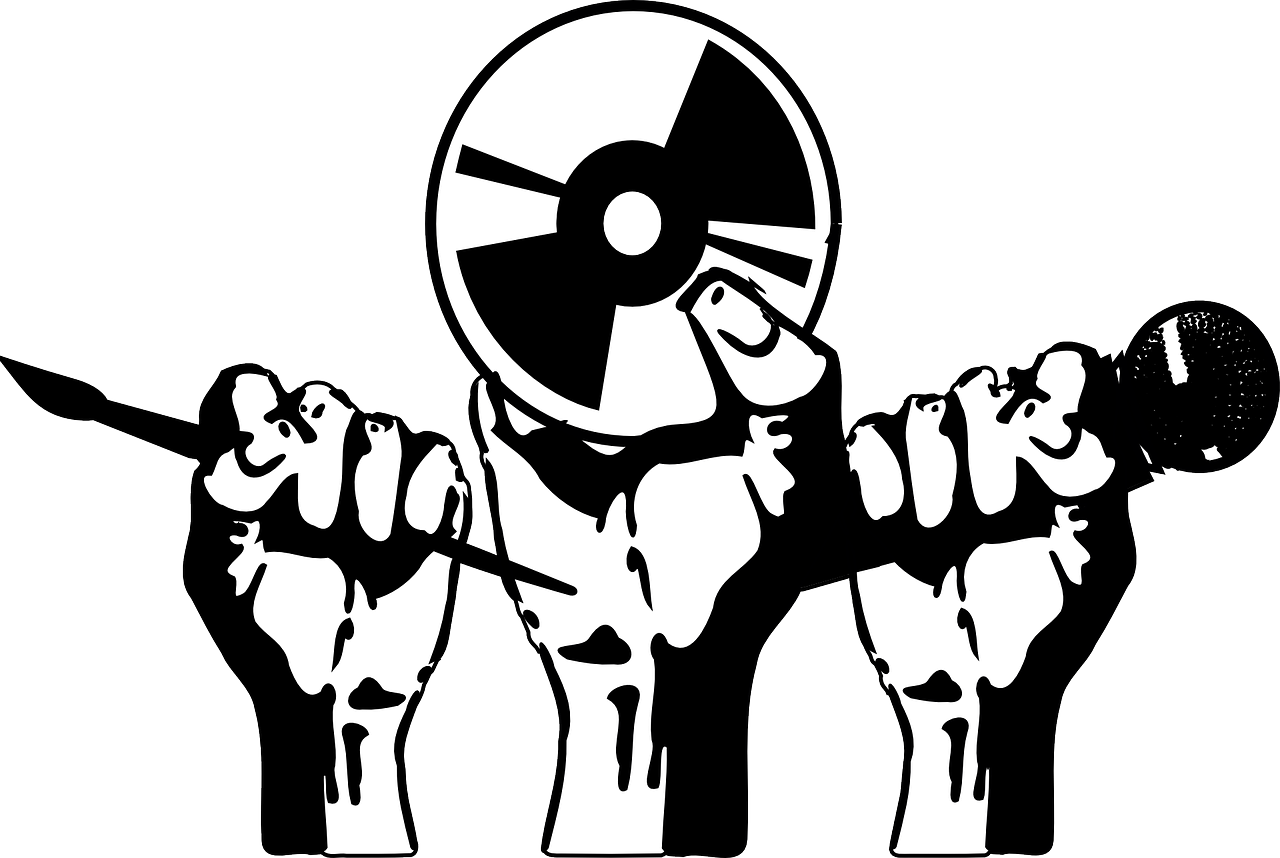They meet every summer. This year there is a rodeo on the opening night, where they are given ostrich skin cowboy boots with their initials stitched in gold. Canada wears a wide-brimmed Stetson and trades blue jokes with the United States. They both rib Japan, whose predecessor was tossed out over a sex scandal. Britain wears a suit and refuses to play horseshoes. West Germany, Italy, and France have sent their regards. West Germany and Italy are flying in from Rome, where they watched West Germany beat Argentina in the World Cup Final. When France heard that West Germany and Italy were skipping the rodeo he welcomed the opportunity to delay his own arrival.
+
It is 100 degrees in Houston, Texas. The opening ceremonies of the Economic Summit of Industrialized Nations unfold in the Academic Quadrangle of Rice University. A military band plays seven national anthems and the mouthpieces and keys of their instruments become slippery with sweat. The dignitaries in the audience fan themselves with their programs; when they cross their legs their shoes sink into the green. Crickets and katydids spin loud white noise during the speeches. There is an air conditioner built into the platform the G7 are sitting on which makes flannel wind tunnels around their calves.
West Germany, Japan, France, and Canada have their faces patted down in Lovett Hall before the class photo is snapped in the quad. “You don’t perspire, you glow,” the United States teases the United Kingdom. France says that he finds Texas in July to be a singular experience.
“We got the big H and H,” the United States tells his guests. “Humidity and heat.”
The G7 leaders don interpretation headphones. West Germany and France want to grant aid to the Soviet Union, but Britain and America don’t. The Europeans accuse the White House Chief of Staff of taking global warming off the agenda. The United States wants to eliminate farm subsidies. Earlier, Japan confided in Britain and Canada they’re going to resume loans to China, and Britain and Canada said that was fine with them.
Five spouses of the G7 leaders take a day trip to San Antonio. West Germany’s wife stayed in West Germany and Britain’s husband snuck off to see their son who lives in Dallas. A mariachi band greets the G5 when they visit a Franciscan mission. The Monsignor outlines the history of the centre for his guests, who tilt their heads and part their lips in tiny “o” shapes. There are more treats planned; honorary mayoral status; a tour of the Alamo; a visit to a medical facility where they peer into microscopes and hospital rooms with their hands clasped behind their backs. They make small talk. Someone brings up the film Pretty Woman and their hostess bristles.
“She’s an exquisite, ravishing creature but the premise of that film is just ugly.”
The United States hosts a no-spouses working dinner at Bayou Bend, a museum of decorative arts set on 14 acres. He slips out to the columned portico with West Germany and Canada to savor the dusk. They face the darkening gardens where the azalea bush was introduced to Houston.
“Lovely,” West Germany says.
“There’s just something about going outside at night after all day in the air conditioning,” the United States muses.
The interpreters are wearing tuxedos and long evening gowns with cinched waists. They are summoned on an as-needed basis to hover over their charges. The Secretary of State brings up aid to the Soviet Union while everyone is sipping the tortilla soup. Britain says it is not possible for the West to solve the problems of 280 million people from the outside and the Soviet Union must be taught to help herself. Japan announces they are resuming their loans to China. He adds that they will not be giving aid to the Soviet Union. Britain and Canada attempt to look surprised. The United States runs into France outside the washrooms and asks if it’s hot enough for him. France looks puzzled, and his interpreter tells the United States that he likes a bit of heat but that no, he finds this excessive.
+
“They’re terribly friendly and familiar.” Britain is discussing Texans with her husband, who is sitting in a sunken marble bathtub with the Jacuzzi jets turned on. The mirrors and fixtures are covered in fog. Britain rubs off her eye-makeup with cleanser and smoothes moisturizer on her face. She opens the door and sends a blast of steam into the icy suite.
“So hot, in this heat,” she says.
“It’s cold inside! They set the thermostats at minus zero.”
Britain leaves the door open so they can talk. She sits on the edge of the bed and pulls off her stockings. She asks after their son and grandson and her husband says they are well. He tells her he was introduced to the namesake of the First Lady’s pet dog at the spouses’ dinner. Britain turns on the television and starts watching a late-night chat program. It is so out of character that her husband asks “What are you doing?” when he hears the TV.
The chat show host is interviewing a man who is wearing a salmon leather jacket and cowboy boots with toe caps shaped like onion domes. The guest speaks with a thick New York accent and he is smoking a cigarette he holds between his index finger and his thumb. They discuss how successful and controversial the guest has become. He is an obscene comedian. The interview is punctuated by savage, disproportionate shrieks and screams from the audience. Human beings, barking like dogs.
“Woof! Woof! Woof! Woof! Woof!”
“Come and have a look at this,” Britain calls to her husband.
She turns to the windows, where she can see the reflection of the obscene comedian in the glass, and beyond it the yellow lights of Houston’s towers and plazas set against a sky the color of purple pansies.
The obscene comedian begins to ramble about the dichotomy between his true personality and his character the Diceman, using the third person for both. Voice trembling, he presses his hands against his temples and attempts to cry. He describes the suffering he endured becoming the hottest comic in the world, his belief in himself, and concludes with a profanity directed at those who would speak out against him.
Britain turns to her husband, who has joined her, wet-haired and pink-cheeked from his bath.
“Did you see that?” Her voice is anguished.
Last week a football player on the national team cried at the World Cup, he sobbed and used his England jersey to wipe his nose.
“You’re just tired, darling,” her husband says.
Britain folds the duvet cover and places it on an armchair. “Woof! Woof! Woof! Woof! Woof!” The mob on the chat show resumes its barking as the credits roll and Britain kneels with her hands clasped and her head bowed, murmuring. Behind her, tiny cars shoot across the freeways and the skyline cleaves its night-time relief.
+
The Walking Photo Opportunity is described by broadcasters improvising in over two dozen languages. When the camera closes in on an aide holding an electric fan they mention how hot it is for the leaders and speculate about their levels of comfort. Ten thousand delegates and members of the press are in the city for the summit. The United States throws a Thank You Celebration on the campus of the University of Houston, a concert for the volunteers and businesses who donated goods or services.
“Fifty-two hundred volunteers picked up three million pounds of trash to show how much they love Houston,” the hostess tells West Germany in the packed holding tent behind the stage. The superpowers have positioned themselves near the portable air conditioners. Canada pokes his index finger down his collar and squeegees sweat off the back of his neck.
“It’s the big H and H,” the United States tells Japan, “A one hundred degree scorcher. We get about twelve a summer.”
The VIP bleachers on the stage have remained empty for most of the concert. Celebrants in the audience point out the Secret Service agents and rooftop snipers to their friends. The superpowers and spouses and VIPs march out to sustained applause. There is a man in seersucker between the United States and his First Lady, who is wearing a royal blue suit. The hot steel bleachers singe their thighs. Chloride and sodium coats the surface of their skin. Their bodies are struggling to remain at core temperature but the high humidity retards the evaporation of their sweat. The man in the seersucker suit is panting. France is seventy-three years old and Italy is seventy-one. They are reeling from jetlag. They do not understand the words of the songs blaring out of the 10,000 watt speakers. They do not care for country music.
Thousands of commemorative glasses, pins, T-shirts, fans, hats, yellow balloons, and plastic bags branded with the slogan “Houston’s Hot” have been sold, distributed, discarded, or tucked away by hoarders and collectors. Seven pairs of custom-made ostrich skin cowboy boots have been packed. Five teddy bears wearing “Houston’s Hot” T-shirts have become transitional objects. Twenty-one boxes of 10 linear feet of correspondence, memorabilia, news clippings, notes, photographs, and press releases relating to the summit have been amassed. The interpreters, special trade representatives, secretaries, and ambassadors stayed awake until 4:00 A.M. drafting the eighty-four point Houston Economic Declaration. They have renewed their commitment to supporting the strengthening of democracy and reaffirmed their condemnation of terrorism in all its forms. They have accepted Britain’s invitation to the next summit in London. A six month IMF study will determine Soviet need before a decision is made about Soviet aid. They are for sound policies in the pursuit of economic expansion. They reject protectionism and anticipate a Decade of Democracy.
The summit dinner takes place in the grand hall at the Museum of Fine Arts. Tuxedos part and necks crane to watch Britain eating Chilled Yellow Tomato Soup, Hickory-Grilled Veal Loin Medallions, and Sweet Corn Pudding. Her khaki bouffant is visible across the grand hall as she sips a postprandial lemon soda, grinning and occasionally nodding.
“I warned her not to let cameras into the House of Commons,” Canada murmurs to the United States, “Before on TV when they showed debates they just had that measured voice and this tremendously dignified photograph and now they’ve got the moving images of her lecturing them…”
“Like a schoolteacher,” the United States finishes.
Canada and the United States say they’ll see each other in Maine. Italy congratulates West Germany about the World Cup again. Everyone thanks the United States. Britain reminds the United States she will see him at the Aspen Institute Conference in August. France says, “À bientôt,” and pecks Britain on both cheeks. They will meet in Paris in November at the Heads of State summit for Europe.
“I look forward to seeing you next summer in London,” Britain tells Canada and Japan.
“Wonderful,” they reply, “Next summer in London.”
—
Louise Phillips lives in London. Her writing has most recently appeared in Litro, The Independent, The Blizzard, and New World Writing, McSweeney’s Internet Tendency, and 3AM Magazine, with a story upcoming in failbetter.




